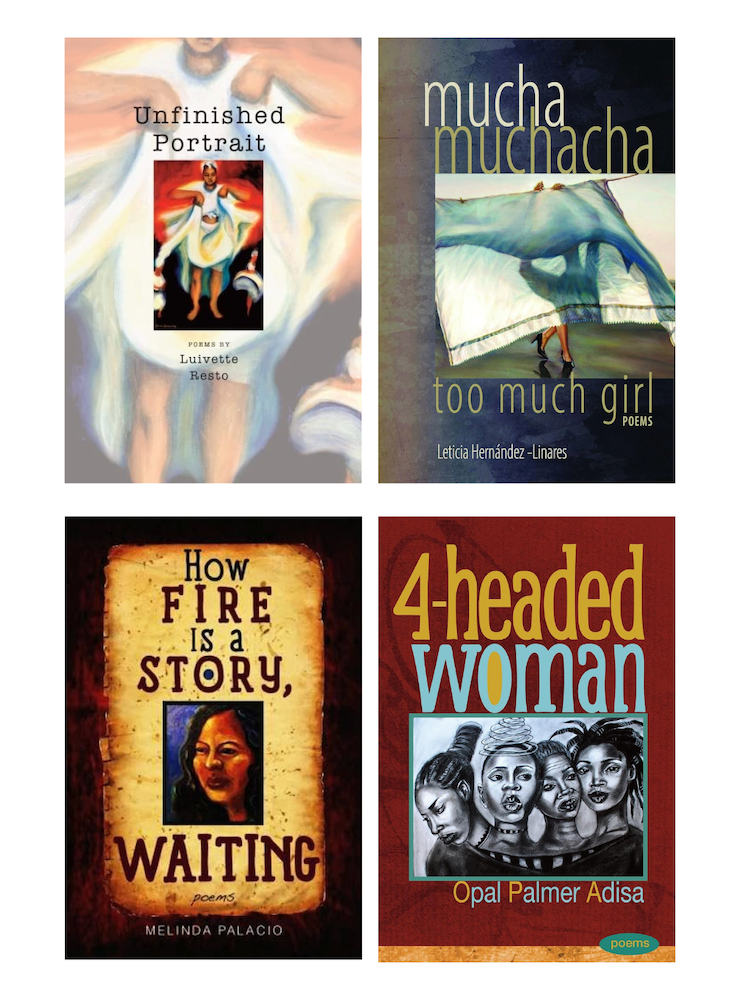
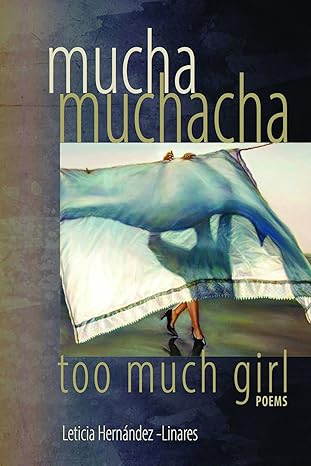
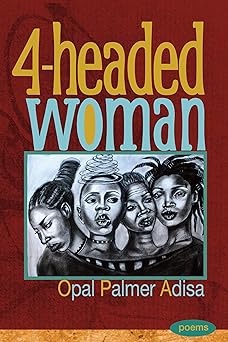
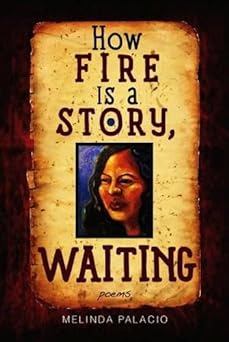
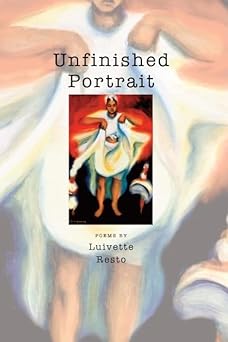
The Tia Chucha's Press Girlies Bundle
Tia Chucha's Press Girlies Bundle
Limited Edition, Four Book Bundle
Poetry
"Mucha Muchacha, Too Much Girl: Poems" (Paperback) by Leticia Hernandez-Linares
"4-Headed Woman" (Paperback) by Opal Palmer Adisa
"How Fire Is a Story, Waiting: Poems" (Paperback) by Melinda Palacios
and
"Unfinished Portrait: Poems" (Paperback) by Luivette Resto
--
"Mucha Muchacha, Too Much Girl: Poems" (Paperback)
A beloved poetry collection, available again
The word “vos/z,” spoken in Salvadoran Spanish, means “you” and also means “voice.” If the word ends in “s” it means “you”; ending in “z” it means “voice.” Leticia Hernández-Linares’s poetry comes in somewhere between the S and the Z, and it is, like bread, like music, for everyone. The way Hernández-Linares shares her stories speaks to the hybridity of the cultural and literary histories she hails from.
Hernández-Linares’s poemsongs are her personal flor y canto. Mexican and Central American indigenous ancestors combined the concepts “in xochitl, in cuicatl” (in flower, in song) to define poetry—the poetic oral tradition they used to teach, engage, and philosophize. Hernández-Linares’s writing excavates the faces of women in her family, silences in her community, and shapes their stories into a poetry that sings, and other times dances on the page. “I am cut from Santa Ana, El Salvador mujer steel, y qué orgullo,” says Hernández-Linares.
"4-Headed Woman" (Paperback)
4-Headed Woman is a journey into and through womanhood—from preadolescence through menopause—and an exploration of women’s relations with one another. The poems employ female domestic imagery, manifest in the titles in the book’s first section, which name different types of breads found throughout the world—from coconut to pita. Yet many of these poems are sparse and abstract in their trajectory. The poems in the second section focus specifically on menses, weaving together biological, folk, and cultural aspects in a humorous tone. The third section, “Graffiti Poem,” comprises poems centered around college restrooms, which Adisa sees as a site of communication—through graffiti among other means—for students on a wide variety of social-sexual issues. In 4-Headed Woman, Adisa bravely explores and uncovers taboos about womanhood in a controlled and at times lyrical style laced with humor.
"How Fire Is A Story, Waiting: Poems" (Paperback)
2013 International Latino Book Awards Winner Best Poetry Book in English2013 Binghamton University Milt Kessler Poetry Book Award Finalist2013 Paterson Poetry Prize Finalist Melinda Palacio's newest poetry collection creates images that are at once heartbreaking and humorous. She tackles elemental subjects of family and childhood with the same depth and grace as that of myth making and death. As the only child of a mother who died too young, she infuses her words with longing and life, and celebrates the women who came before her. Each poem offers up the truth in a fearless and unsentimental voice. Palacio's lyrical language punches an unexpected pause to subjects such as domestic violence and her childhood in South Central Los Angeles. How Fire Is A Story, Waiting is divided into four sections: Fire, Air, Water, and Earth. In each section Palacio tempers heartbreak, violence, and disappointment with the antidote of humor, beauty, and an appreciation for life.
"Unfinished Portrait: Poems" (Paperback)
The poems in this manuscript are a sociopolitical, cultural conglomeration of thoughts, reflections, observations, and experiences. As a first generation Puerto Rican, the privilege of a college education has been a blessing for Luivette Resto, but it has divided her from family and friends who did not have the same opportunities. Being the first of her family with a college diploma, Luivette's accomplishments and failures are not seen as individual but communal.
Some of the poems in Unfinished Portrait depict the dichotomy of being true to one's culture and language, while taking advantage of the existing educational opportunities. Resto considers these poems as rebellious to the Latino status quo in the way women are perceived and treated. In addition, some of the poems question aspects of religion, specifically sexual experimentation, premarital sex, promiscuity, abortion, and the significance of life.
For many years when women wrote poems of sex and love the expectation was that it had to be beautiful and meaningful. Only men seem to have the right to interchange sex and love and write about it freely without judgment. Many of Resto’s poems prove that women can write about the joys of sex as well as the beauty and devastation of falling in love.
Growing up in New York and moving to Los Angeles, code-switching has been commonplace in Resto’s home and social circles. However, the power and place of language in classrooms, around water coolers, restaurants, and homes have been questioned and continue to be questioned by many including Latinos. The poet continues this perennial discourse in this, her first book. And there are poems that comment on the social fascination of Latinos since the alleged “Latin Invasion” of the 1990s.
Defiance, humor, and music is a vital part of Resto’s poems as much as it is of her culture.
Choose options






